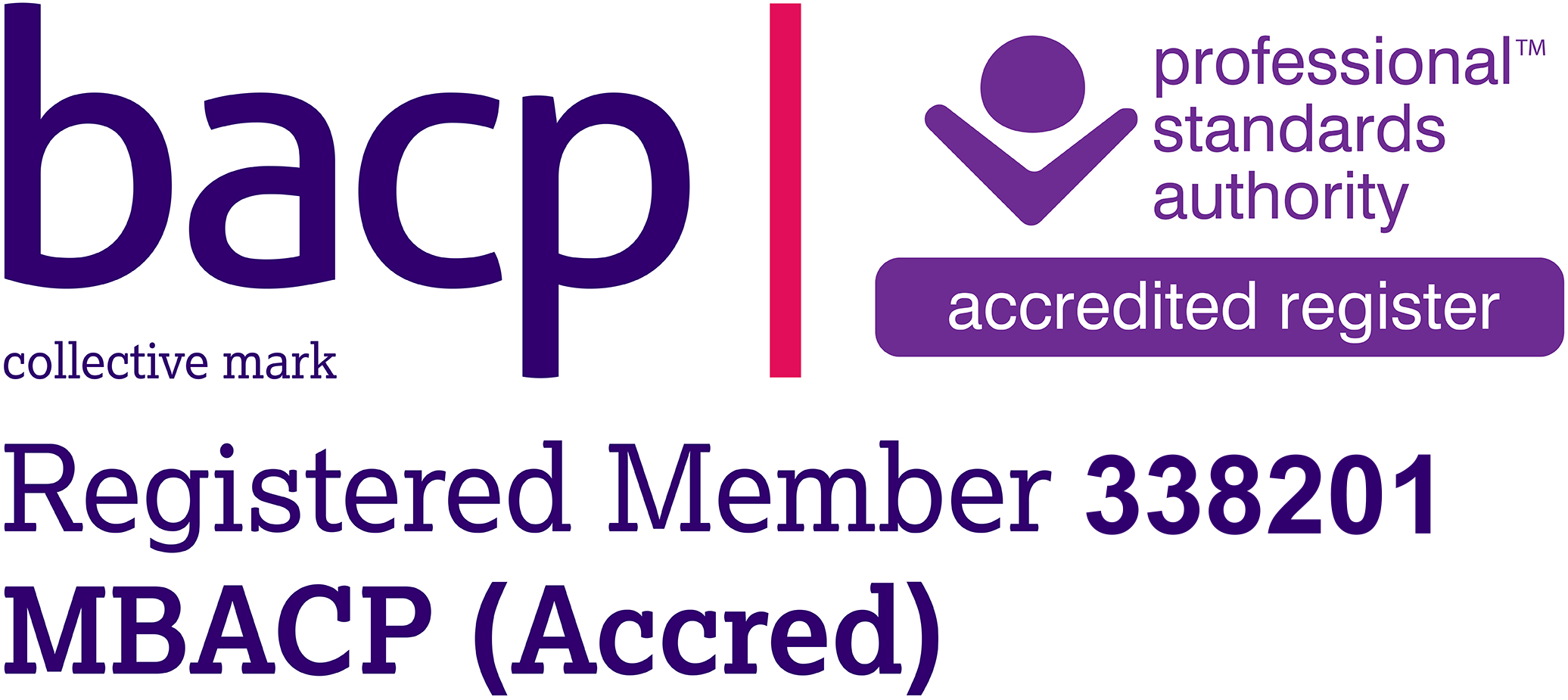Change is a word that gets thrown around a lot. In society we talk about change in our jobs, relationships and families. We can often think of change in a very concrete way. Ie: thats a good change or thats a bad change. But change can be good and bad.
For example, you may have a friend who is very emotionally taxing we will call them friend A. They always come to you for emotional support, they off load on you and they don’t see anything wrong with that. However you are unable to look to others for any support. If the friend who is unable to ask for support for themselves begins to recognise this and begins to ask for help this can be seen as a good change.
On the other hand friend A who is happy of continually off load may see this change as bad because they were happy with the dynamic that had been created. Now friend A can no longer use their friend in that way.


